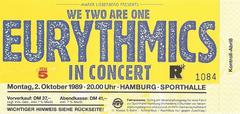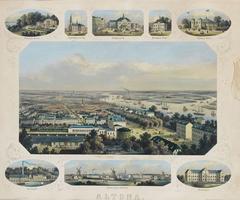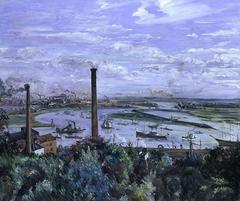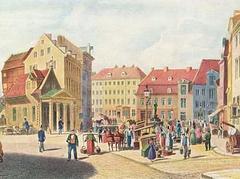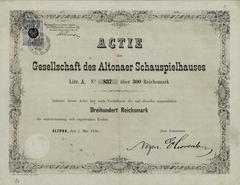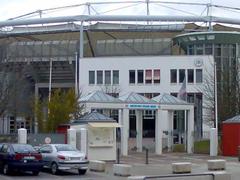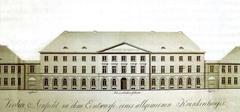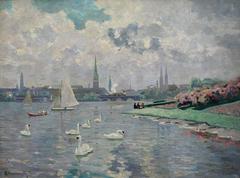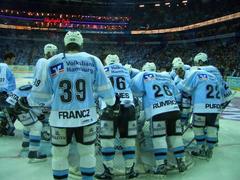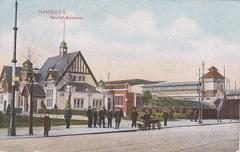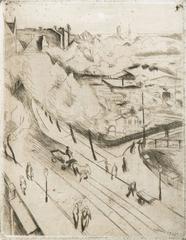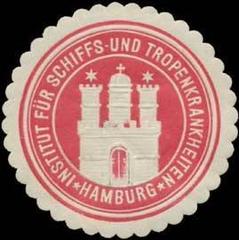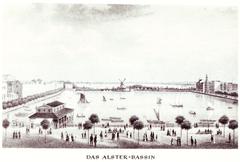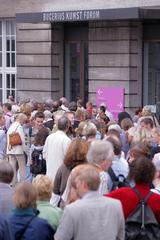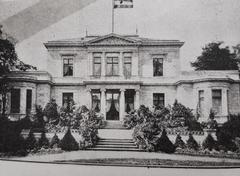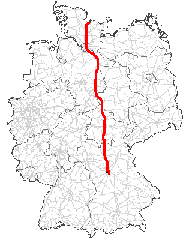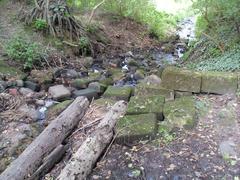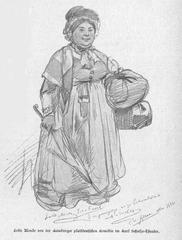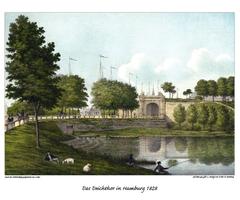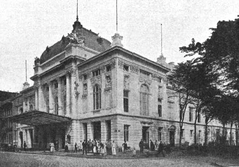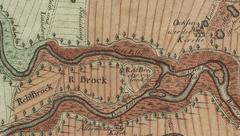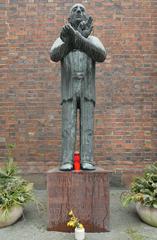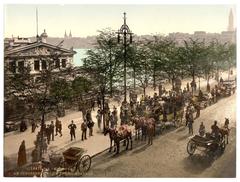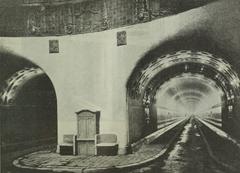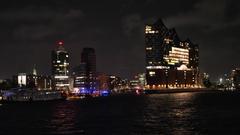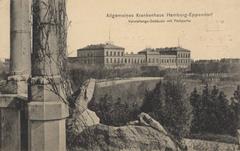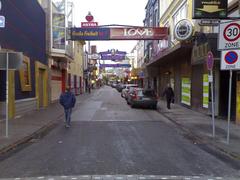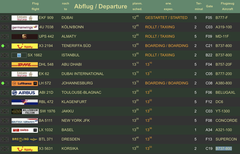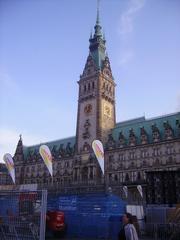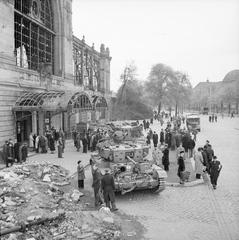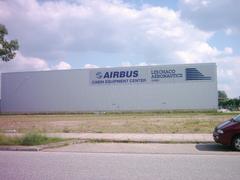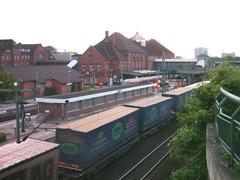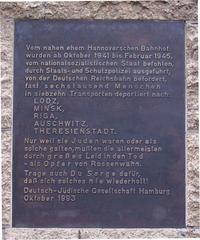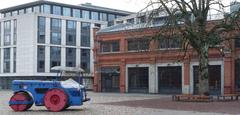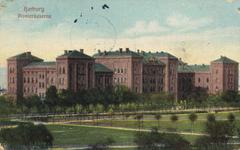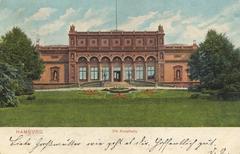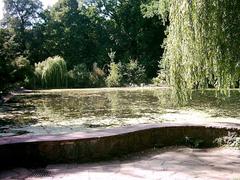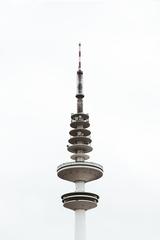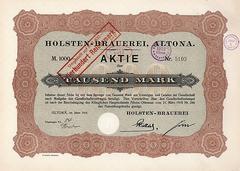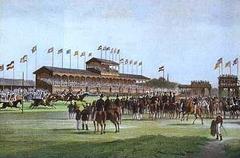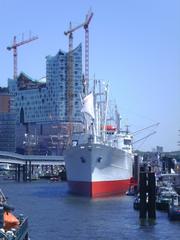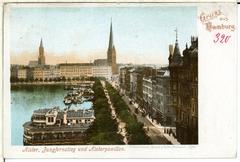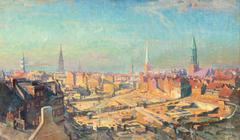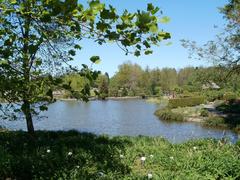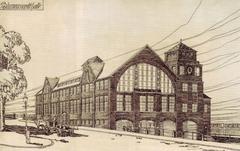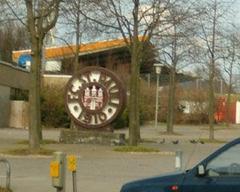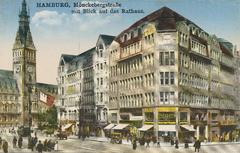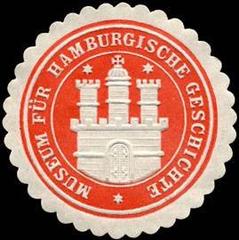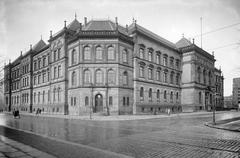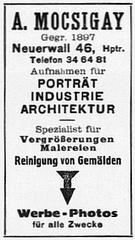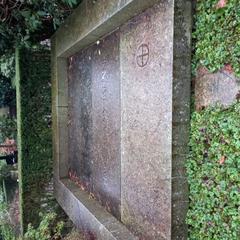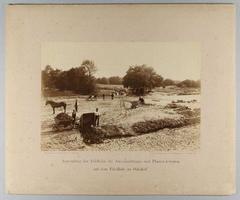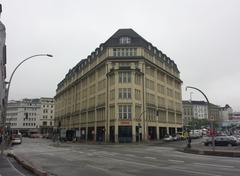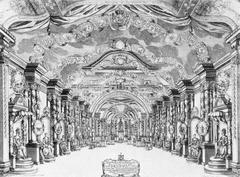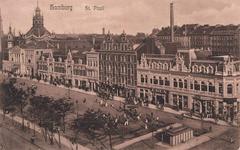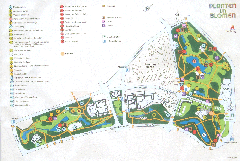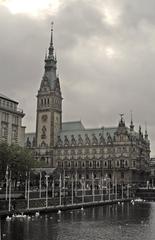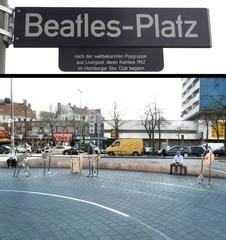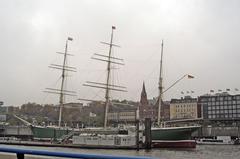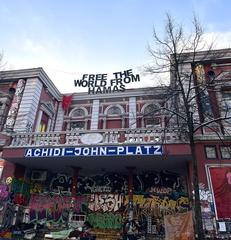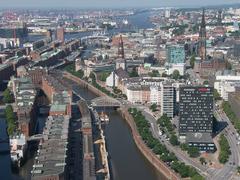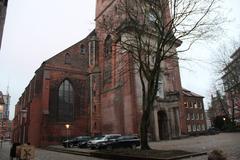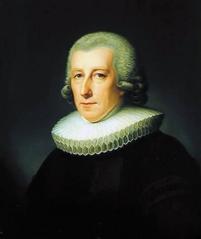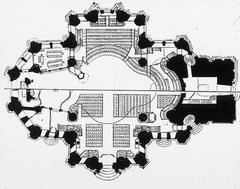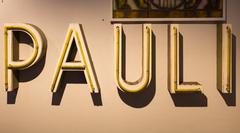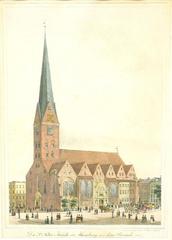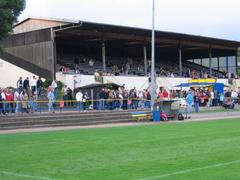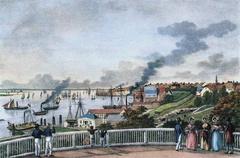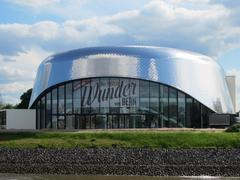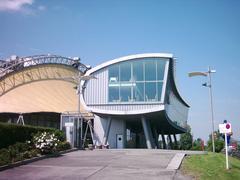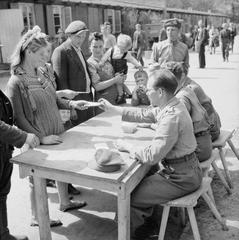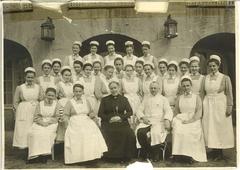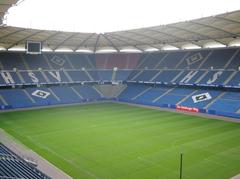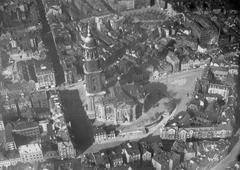Gänsemarkt Hamburg: Comprehensive Guide to Visiting Hours, Tickets, and Historical Highlights
Date: 04/07/2025
Introduction: Gänsemarkt’s Significance in Hamburg’s History and Culture
Situated in the heart of Hamburg’s Neustadt district, Gänsemarkt—meaning “Goose Market”—is a vibrant public square renowned for its unique triangular layout and rich cultural legacy. Originally a bustling marketplace, the square’s evolution mirrors Hamburg’s transformation from a mercantile powerhouse to a modern metropolis. Gänsemarkt is celebrated as the birthplace of Germany’s first public opera house and remains a cornerstone of the city’s artistic, commercial, and urban development. Today, Gänsemarkt harmonizes historical charm with contemporary amenities, making it a must-visit destination for locals and tourists alike (Hamburg.com; Wikipedia; Noerr Press Release).
Table of Contents
- History and Evolution
- Visiting Gänsemarkt: Practical Details
- Shopping, Dining, and Culture
- Urban Renewal and Future Projects
- Frequently Asked Questions (FAQ)
- Conclusion & Visitor Tips
- References
History and Evolution
Marketplace Origins
The name “Gänsemarkt” traces back to at least 1709, likely referencing the geese once traded or herded through the area. Its strategic location—connecting Jungfernstieg, Dammtorstraße, and ABC-Straße—helped establish Hamburg as a major Northern European trading hub (Wikipedia; World Travel Guide).
Public Opera and Theater
In 1678, Gänsemarkt became the site of the Oper am Gänsemarkt, Germany’s first public opera house. This democratized opera, opening the art form to citizens and not just the aristocracy. Renowned composers like Handel and Telemann premiered works here, helping cement Hamburg’s reputation as a cultural capital (Hamburg.com). After the opera’s demolition in 1763, the Hamburg National Theatre was established, introducing Gotthold Ephraim Lessing as the world’s first dramaturg and advancing Enlightenment ideals in German theater (Wikipedia).
19th–20th Century Urban Development
The square’s prominence grew with the relocation of the Hamburg State Opera nearby in 1827 and the emergence of thriving retail, dining, and leisure establishments. The opening of the Ufa-Palast cinema in 1929 further solidified Gänsemarkt’s role as a cultural hub.
World War II and Reconstruction
World War II left Gänsemarkt heavily damaged, including the destruction of the Lessing Monument (restored in 1955). Post-war rebuilding balanced modern infrastructure needs with the preservation of historical and cultural landmarks (Wikipedia).
Modern Revitalization and Sustainability
The late 20th century saw commercial revitalization, with the Gänsemarkt Passage shopping arcade opening in 1979. Recent years have brought ambitious redevelopment projects focusing on sustainability, accessibility, and the integration of green spaces (Abendblatt; Noerr Press Release).
Visiting Gänsemarkt: Practical Details
Visiting Hours and Tickets
- Square Access: Gänsemarkt is a public square accessible 24/7, free of charge.
- Shops & Restaurants: Typically open Monday to Saturday, 10:00 AM–8:00 PM; some eateries open later.
- Hamburg State Opera: Performances run Tuesday to Sunday, mostly in the evenings. Tickets range from €15–€120 and are best booked via the official Hamburg State Opera website.
- Special Events: Seasonal markets and open-air events may have specific hours; check the Gänsemarkt official event calendar.
Accessibility
- Public Transport: Gänsemarkt U-Bahn station (U2, U4) provides step-free access; multiple bus lines also serve the area.
- Wheelchair Access: The square, U-Bahn station, and most venues offer ramps and elevators for accessibility.
Guided Tours and Events
- Guided walking tours of Hamburg’s musical and architectural heritage frequently start or end at Gänsemarkt.
- The square hosts open-air concerts, art installations, Christmas markets, and cultural festivals throughout the year (Hamburgausflug.de).
Nearby Attractions
- Hamburg State Opera: One of the world’s oldest and most prestigious opera houses.
- Jungfernstieg Promenade: Premier shopping and waterfront area.
- Binnenalster Lake: Picturesque urban lake ideal for strolls.
- Historic Shopping Streets: Colonnaden and Gerhofstraße with arcades and boutiques.
- Art Mile (Kunstmeile): Cluster of major museums and galleries nearby.
Shopping, Dining, and Culture
Retail Therapy
- Gänsemarkt Passage: Stylish arcade with international brands and local boutiques.
- Colonnaden & Jungfernstieg: Upscale shopping within easy reach.
Culinary Experiences
- Cafés & Bakeries: Café Gänsemarkt and historic bakeries (the oldest dating back to 1650 at Gänsemarkt 44).
- Restaurants: Vapiano (Italian), Block House (steakhouse), and sushi options like Henssler & Henssler.
Arts and Entertainment
- Lessing Monument: Central statue honoring Enlightenment writer Gotthold Ephraim Lessing.
- CinemaxX Dammtor: Major cinema complex nearby.
- Bucerius Kunst Forum: Renowned art gallery with rotating exhibitions.
Urban Renewal and Future Projects
Gänsemarktpassage Redevelopment
HanseMerkur Grundvermögen AG acquired the Gänsemarktpassage property in 2025, with plans for an eight-storey, 20,700 m² office and commercial complex targeting LEED Platinum certification (Noerr Press Release). The project includes retail, restaurants, coworking spaces, and panoramic rooftop terraces, with completion scheduled for mid-2028.
Coworking and Modern Business
The area is seeing a rise in coworking hubs like betahaus Gänsemarkt, catering to startups and freelancers with 24/7 access and a suite of amenities (betahaus Gänsemarkt).
Sustainability and Green Urbanism
New developments prioritize energy efficiency, green courtyards, and sustainable materials, echoing Hamburg’s commitment to sustainable urban growth (Noerr Press Release).
Frequently Asked Questions (FAQ)
Q: What are Gänsemarkt’s visiting hours?
A: The square is open 24/7. Shops and eateries generally operate 10:00 AM–8:00 PM.
Q: Do I need a ticket to visit Gänsemarkt?
A: No ticket is needed for the square; tickets are required for opera performances and some special events.
Q: How do I get to Gänsemarkt?
A: Via U-Bahn (Gänsemarkt station, lines U2/U4), bus, or by foot from central Hamburg. Parking garages are nearby.
Q: Is the area accessible for people with disabilities?
A: Yes, with step-free access at the U-Bahn and accessible venues.
Q: What historic sites can I see at Gänsemarkt?
A: The Lessing Monument, Hamburg State Opera, historic bakeries, and notable 19th-century architecture.
Conclusion & Visitor Tips
Gänsemarkt represents the dynamic heart of Hamburg’s cultural and urban life—a place where centuries-old history meets cutting-edge development. The square invites visitors to discover monumental landmarks, experience world-class performances, enjoy premier shopping, and savor local and international cuisine in a lively, accessible setting. Whether you’re a history buff, music lover, shopper, or casual traveler, Gänsemarkt promises a memorable experience in Hamburg’s historic core.
Tips:
- Visit during spring or summer for the best atmosphere and outdoor events.
- For opera tickets and event schedules, check official sites in advance.
- Explore nearby districts and take advantage of guided tours for deeper insights.
- Download the Audiala app for real-time updates, guided tours, and insider tips.
References
- Gänsemarkt Wikipedia
- Hamburg State Opera and Architecture – Hamburg.com
- Gänsemarkt Urban Renewal Press Release – Noerr
- Gänsemarkt Passage Redevelopment and Plans – Abendblatt
- Gänsemarkt Visitor Information – Hamburg.de
- Gänsemarkt Cultural and Event Guide – Gänsemarkt Hamburg website
- betahaus Gänsemarkt
- Hamburgausflug.de
For a virtual tour and more visitor resources, see the official Gänsemarkt Hamburg website and the City of Hamburg’s tourism portal.
